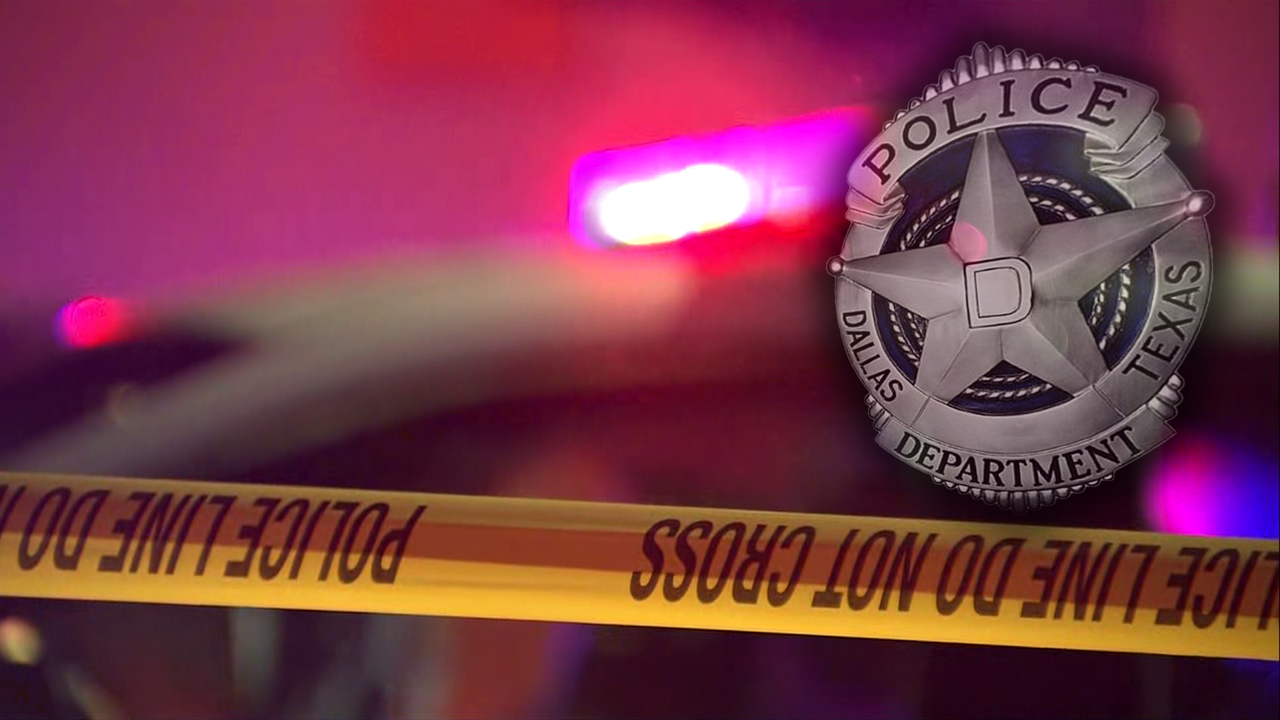Massachusetts
Gov. Healey: Migrants mindful of weather shift in Massachusetts

BROOKLINE — The colder weather setting in across Massachusetts could be affecting the number of migrants coming to the state, Gov. Maura Healey said following a chilly outdoor press conference Tuesday.
Officials are seeing a “drop” in new arrivals seeking emergency shelter, Healey said. But she said it’s difficult to pinpoint the cause.
The governor announced Oct. 16 that her administration would cap shelter capacity at 7,500 families and temperatures since then have continued their seasonal drop, with winter ready to take hold next month.
House Speaker Ron Mariano last month said he was advised that declining temperatures wouldn’t make an impact, but Healey raised the weather Tuesday when asked by a reporter if fewer families were arriving following her shelter cap announcement.
“We also have colder weather and I think frankly, people are mindful of that as they make decisions about whether to leave Texas or Florida as they’ve come into the country,” Healey told reporters.
With dozens of migrant families arriving daily in recent weeks ahead of her shelter cap announcement, Healey had expected the shelter would reach its limit by Nov. 1. But it took until Nov. 9 before officials had to start turning families away.
Some 90 families were on a waitlist to access state-funded shelter Monday, homelessness prevention advocates said Monday.
Healey said about 17 families spent Monday night at Massachusetts Bay Transportation Authority headquarters, where administration officials converted conference rooms into a temporary overnight shelter operation. The space at the State Transportation Building can accommodate up to 25 families.
“This is all about we’re going to do everything we can, and we have so far, to make sure that families are housed here in the state. I’m proud of the effort last night,” Healey said, referring to the Transportation Building accommodations. “Obviously we have more capacity there and we’re just going to continue to work the problem.”
The governor declared a shelter state of emergency in August and in October announced her cap, saying, “We do not have enough space, service providers or funds to safely expand beyond 7,500 families.”
After Monday’s surprise announcement, Healey wouldn’t say whether other state buildings will be used for shelter, but said more shelter options are “coming online” through a previously announced $5 million grant program administered by United Way of Massachusetts Bay.
“What we’ve said right now is we’re going to continue to do what we can to make sure that people are housed and that’s what we’ve done,” Healey said.
Spokespeople for United Way did not respond to News Service questions about the distribution of public grant dollars so far to community and volunteer organizations, as well as faith groups, to establish congregate overflow shelter sites.
Administration officials, who unveiled the grant program earlier this month, said prospective sites included communal gathering spaces with restroom facilities and heat such as community centers, school buildings and places of worship. Grants can be used to support staff and supplies like cots, blankets and food.
The governor’s request for $250 million to support families in the state’s emergency shelter system remains held up in private talks among Democrats who could not strike a deal on a supplemental budget bill last week before the end of formal lawmaking for the year.
While the House and Senate broadly agree on the funding amount, House Democrats want to condition some of their funding on the creation of an overflow site or sites and force the administration to revoke its shelter limit if officials fail to do so.
“I hope it gets done. We need that supp budget done,” Healey said. “We need the bill done and want to be able to see that happen as soon as possible. This is important funding for state workers, for MassHealth, for special ed, for flood relief, assistance to our cities and towns. There’s a lot that is there, so we really need the action.”

Massachusetts
Why Mass. state universities are getting $14M to increase graduation rates

When the state started directing SUCCESS funding to community colleges, it contributed to a 10% increase in student retention between 2022 and 2023.
Now, the hope is to see similar results at state universities by utilizing the same pot of money.
The Healey administration announced last week it will extend SUCCESS funding for the first time to the state’s nine universities — to the tune of $14 million.
The money, coming from the fiscal year 2025 budget, will support programming aimed at increasing graduation rates, particularly among historically underserved students.
According to the Department of Higher Education’s most recent data, more than 30% of state university students don’t earn a degree within six years of enrolling. For Black and Latino students, the number is more than 40%.
- Read more: Number of Black students at Harvard Law drops by over half after SCOTUS ruling
“We’ve made progress in making it more affordable for students to enroll in college, and this program will now lift barriers that arise on the way to graduation, especially for first-generation college students who cannot draw on a parent’s experience to navigate earning a degree,” Gov. Maura Healey said in a statement.
In a similar effort, the UMass system recently announced it will offer free tuition and fee support for in-state undergraduates whose families earn $75,000 or less.
The SUCCESS expansion does not include the five UMass campuses.
The SUCCESS Fund (which stands for Supporting Urgent Community College Equity through Student Services) was created in fiscal year 2021 specifically for the state’s 15 community colleges.
The SUCCESS grants for state universities will further the initiative, enabling campuses to create new services to support vulnerable or historically underserved students, “including students of color, students with disabilities, LGBTQ+ students, and students who are low-income or first-generation to college.”
Dr. Linda Thompson, chair of the Massachusetts State Universities Council of Presidents and president at Westfield State University, said the funding expansion will help the institutions reach more students looking to advance their education.
“We are confident the funding initiatives brought by the Healey-Driscoll Administration will reach those individuals who want to stay in Massachusetts, build businesses, support our economy, and strengthen their families,” she said.
- Read more: Teaching at community colleges is getting tougher. Why do employees stay?
The dollars per university are based in part on the number of Pell Grant-eligible state university students and enrollment numbers. They are as follows:
- Bridgewater State University: $2,895,955
- Fitchburg State University: $1,297,587
- Framingham State University: $1,315,502
- Massachusetts College of Art and Design: $890,286
- Massachusetts College of Liberal Arts: $684,096
- Massachusetts Maritime Academy: $713,536
- Salem State University: $2,050,053
- Westfield State University: $1,532,795
- Worcester State University: $1,620,191
In addition to the $14 million for state universities, the state fiscal year 2025 budget also invests $14.7 million in community colleges, for a total $28.7 million investment in SUCCESS programming.
Massachusetts
We asked, you answered: Your favorite hot chocolate spots in Massachusetts

A cup of cocoa is a sweet treat and hand warmer all in one. And on a cold day in Boston — especially amid the holiday season — there’s nothing better to accompany you through the streets.
We asked WBUR readers and listeners where they like to grab a cup of hot chocolate. (We asked WBUR staffers, too, and you can find out their responses by signing up for one of our newsletters with this link before Dec. 31.)
Responses included chocolatiers, bakeries and cafes in Boston and far beyond it. But there was one clear fan favorite. Here are your top spots, plus a few honorable mentions.
Your top favorites
L.A. Burdick
Boston, Cambridge and Brookline
More than 50% of respondents said L.A. Burdick was their favorite place to grab hot chocolate in the area. L.A. Burdick’s thick, rich hot chocolate is made with milk and blended with dark, milk, white or spicy dark chocolate. Readers say it’s a decadent, European-style drinking chocolate, almost like drinking a melted chocolate bar.
“The cocoa is of incredibly high quality, and they make it with whole milk, which is very rich and creamy,” said Emily Bono . “They have their own cocoa blends, which are great, but also a variety of single source options that illustrate just how diverse chocolate can be.”
“In addition to tasting like heaven, we once put a leftover half-cup in the refrigerator overnight, and the next morning it had set into excellent chocolate pudding,” Lori Gayle shared.
Flour Bakery
Ten locations across Boston and Cambridge
Readers say they love the sweet, velvety hot chocolate at Flour Bakery. You can grab a cup of this cocoa all over Boston and Cambridge (they’ll even be popping up on the Common this summer). And for 50 cents extra, Flour will make your hot chocolate “fiery” with a dash of cayenne pepper.
“The cayenne and chocolate combination is rich, creamy, not too sweet and just a little addictive,” Kalli Catcott shared.
Kakawa Chocolate House
173 Essex St, Salem
Kakawa Chocolate House’s Salem shop is its first and only location in New England. (They’ve got three others in New Mexico.) Cori B. says their authentic sipping chocolate comes with a variety of spices you can add, like cinnamon, ginger, mint and cayenne. Dominique Hayes added that the “wonderful variety” is “all very yummy.”
Sweetie’s in Roslindale
48 Corinth St., Roslindale
Sweetie’s primarily sells ice cream, but you might want to visit for the hot chocolate, too. Kris Liberman shared its “rich and cream, with a choice of toppings.” There are also dairy and non-dairy options for your drink, and Leah Boylan says Sweetie’s offers imaginative cocoa flavors (think tahini dark chocolate) and tasty add-ins, like flame-broiled marshmallows, ice cream and whipped cream.
Other honorable mentions…
Massachusetts
State police say Friday’s storm caused 200 crashes across Massachusetts

Watch CBS News
Be the first to know
Get browser notifications for breaking news, live events, and exclusive reporting.
-

 Politics1 week ago
Politics1 week agoCanadian premier threatens to cut off energy imports to US if Trump imposes tariff on country
-
/cdn.vox-cdn.com/uploads/chorus_asset/file/25789444/1258459915.jpg)
/cdn.vox-cdn.com/uploads/chorus_asset/file/25789444/1258459915.jpg) Technology1 week ago
Technology1 week agoOpenAI cofounder Ilya Sutskever says the way AI is built is about to change
-

 Politics1 week ago
Politics1 week agoU.S. Supreme Court will decide if oil industry may sue to block California's zero-emissions goal
-
/cdn.vox-cdn.com/uploads/chorus_asset/file/25546252/STK169_Mark_Zuckerburg_CVIRGINIA_D.jpg)
/cdn.vox-cdn.com/uploads/chorus_asset/file/25546252/STK169_Mark_Zuckerburg_CVIRGINIA_D.jpg) Technology1 week ago
Technology1 week agoMeta asks the US government to block OpenAI’s switch to a for-profit
-

 Business7 days ago
Business7 days agoFreddie Freeman's World Series walk-off grand slam baseball sells at auction for $1.56 million
-
/cdn.vox-cdn.com/uploads/chorus_asset/file/23951353/STK043_VRG_Illo_N_Barclay_3_Meta.jpg)
/cdn.vox-cdn.com/uploads/chorus_asset/file/23951353/STK043_VRG_Illo_N_Barclay_3_Meta.jpg) Technology7 days ago
Technology7 days agoMeta’s Instagram boss: who posted something matters more in the AI age
-
News1 week ago
East’s wintry mix could make travel dicey. And yes, that was a tornado in Calif.
-
/cdn.vox-cdn.com/uploads/chorus_asset/file/24924653/236780_Google_AntiTrust_Trial_Custom_Art_CVirginia__0003_1.png)
/cdn.vox-cdn.com/uploads/chorus_asset/file/24924653/236780_Google_AntiTrust_Trial_Custom_Art_CVirginia__0003_1.png) Technology1 day ago
Technology1 day agoGoogle’s counteroffer to the government trying to break it up is unbundling Android apps



















